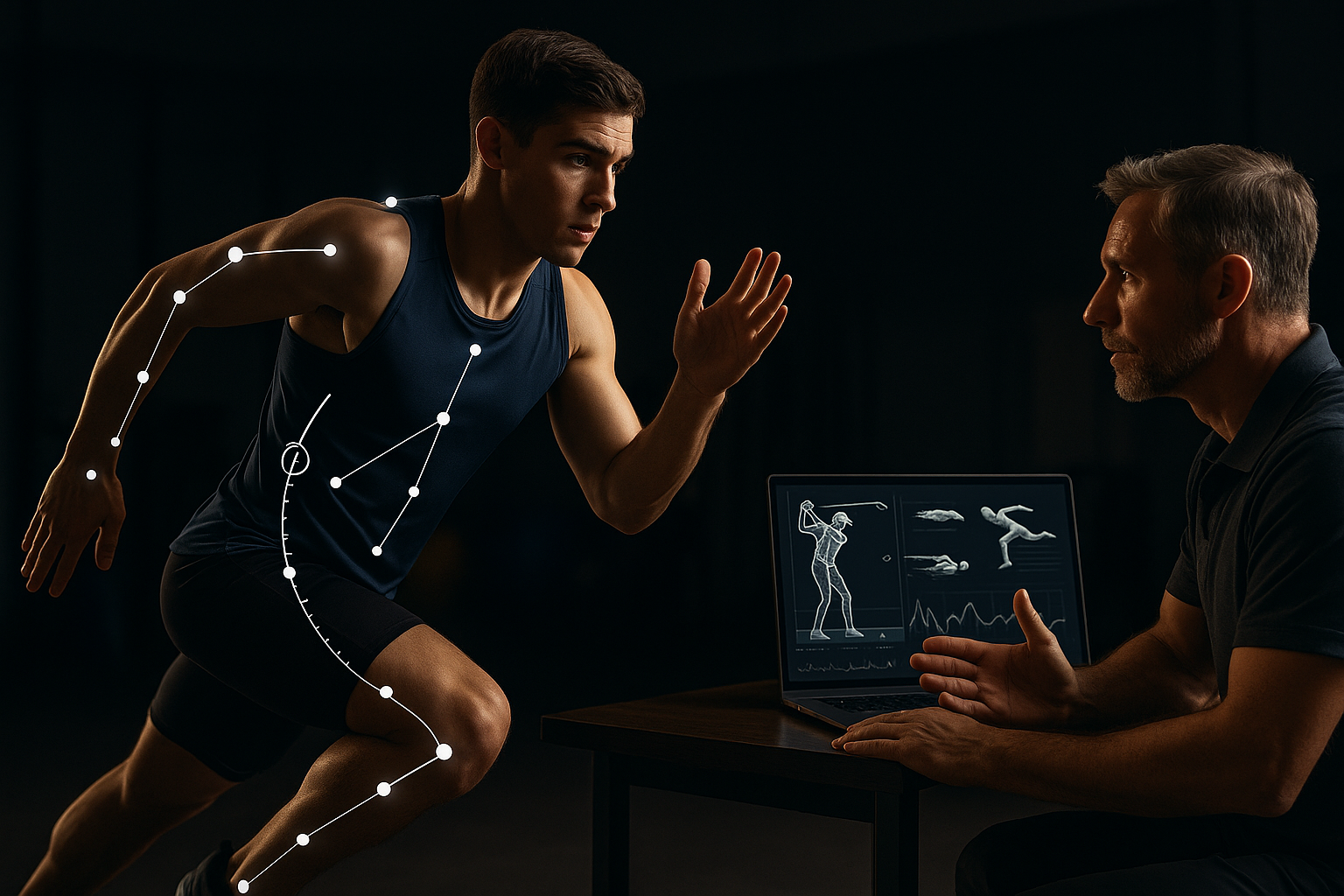Chronobiology: Aligning Your Life with Your Internal Clock
Our bodies are governed by intricate biological rhythms that influence everything from our sleep patterns to our cognitive performance. Welcome to the fascinating world of chronobiology, where science meets daily life to unlock the secrets of our internal clocks. How can understanding these rhythms revolutionize your health and well-being?

The Science Behind Our Internal Clocks
At the heart of chronobiology lies the circadian rhythm, a roughly 24-hour cycle that regulates various physiological processes. This internal clock is primarily controlled by the suprachiasmatic nucleus (SCN) in the brain, often referred to as the master clock. The SCN responds to external cues, particularly light, to synchronize our bodily functions with the environment.
Research has shown that nearly every cell in our body has its own circadian rhythm, orchestrating a complex symphony of biological processes. These include hormone production, body temperature regulation, and even gene expression. Understanding these rhythms can provide insights into optimizing various aspects of our lives, from sleep patterns to cognitive performance.
Chronotypes: Are You a Lark or an Owl?
One of the most intriguing aspects of chronobiology is the concept of chronotypes. These individual differences in circadian rhythms categorize people based on their natural sleep-wake cycles and peak performance times. While the traditional categories of early birds (larks) and night owls are well-known, recent research suggests a more nuanced spectrum of chronotypes.
Understanding your chronotype can be transformative. It allows you to align your daily activities with your body’s natural rhythms, potentially leading to improved productivity, better sleep quality, and enhanced overall well-being. For instance, larks might find they’re most creative and focused in the morning hours, while owls may hit their stride later in the day.
Chronohealth: Timing Your Health Habits
The field of chronohealth explores how timing affects various health-related activities. From exercise to medication, the time of day can significantly impact effectiveness and side effects. For example, studies have shown that the body’s response to exercise varies throughout the day, with performance peaking in the late afternoon for many individuals.
Similarly, the timing of meals can influence metabolism and weight management. The concept of chrononutrition suggests that eating in sync with our circadian rhythms can optimize nutrient absorption and energy utilization. This might involve eating larger meals earlier in the day when metabolism is most active.
Chronotherapy: Timing Treatments for Maximum Effect
Chronotherapy applies chronobiological principles to medical treatments, aiming to enhance efficacy and reduce side effects by aligning interventions with the body’s natural rhythms. This approach has shown promise in various fields, including cancer treatment and management of chronic conditions like hypertension and asthma.
For instance, some studies have found that timing chemotherapy treatments to coincide with the body’s natural rhythms can improve outcomes and reduce side effects. Similarly, administering blood pressure medications at night, when the body naturally lowers blood pressure, has been shown to be more effective in some cases.
Circadian Disruption and Modern Life
In our 24/7 society, circadian disruption has become increasingly common. Factors such as shift work, jet lag, and excessive exposure to artificial light can throw our internal clocks out of sync, leading to a range of health issues. These include sleep disorders, metabolic disturbances, and even increased risk of certain cancers.
Recognizing the importance of maintaining circadian harmony, researchers are exploring ways to mitigate these disruptions. This includes developing light therapy treatments, optimizing work schedules, and creating guidelines for healthier sleep environments.
Chronobiology in Action: Practical Tips
- Maintain consistent sleep and wake times, even on weekends
- Expose yourself to natural light early in the day to reinforce your circadian rhythm
- Time your meals to align with your body’s natural metabolic peaks
- Consider your chronotype when scheduling important tasks or meetings
- Limit blue light exposure in the evening to support natural melatonin production
- Sync your exercise routine with your body’s natural performance peaks
As we continue to unravel the complexities of our internal clocks, chronobiology offers exciting possibilities for optimizing health and well-being. By aligning our lives with our natural rhythms, we can unlock new levels of vitality, productivity, and overall life satisfaction. The key lies in recognizing and respecting the intricate dance of biological rhythms that governs our bodies, paving the way for a more harmonious and healthful existence.






